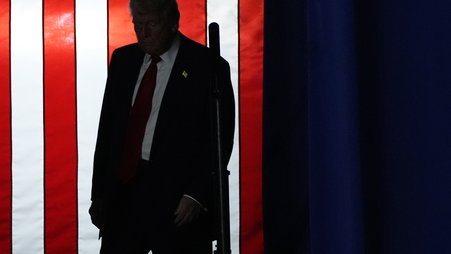The Senate Judiciary Committee’s amended federal shield law bill passed today by a 13-5 vote, and importantly included Sen. Feinstein’s (D-CA) new amendment broadening the definition of who qualifies as a journalist. But as her condescending remarks about the purpose behind her amendment reveal—that it is intended to ensure that “people who really aren’t reporters at all,” like the “17 year old who drops out of high school, buys a website for five dollars, and starts a blog,” are not protected—the bill still excludes many people who do journalism from coverage.
First, the positives: Feinstein’s amendment, ALB 13767, addresses a number of key problems regarding her prior amendment:
- The new amendment drops the qualification that an individual must be “salaried” in order to qualify as a journalist. This is an important victory for non-salaried and non-institutional journalists.
- The amendment also significantly broadens the timeframe within which an individual could have been working in some capacity for an “entity or service that disseminates news or information,” allowing coverage for an individual so employed for “any continuous one-year period” over the prior 20 years or “any continuous three-month period” over the prior 5 years. Her earlier amendment, by contrast, only provided coverage for someone who had been so employed “for any continuous three-month period” over the prior 2 years.
- While the amendment still requires that someone be an “employee, independent contractor, or agent” of an “entity or service,” it attempts to broaden the scope of that latter term as compared to the previous amendment by including within its definition a “mobile application or other news or information service.”
- Finally, the amendment provides a judicial backstop, whereby if someone doesn’t meet the statutory definitions of “covered journalist” as provided by the amendment, a judge can still find that the person should be covered if “such protections would be in the interest of justice and necessary to protect lawful and legitimate news-gathering activities.”
Still, this amendment is no panacea. It retains some of the statutory vagueness that was problematic in the prior amendment, which puts those on the margins of the definition of journalist at risk. Second, it includes an intent test such that an individual must have had the “primary intent” to do journalism to qualify for protection, threatening some citizen journalists. And finally it retains the requirement that an individual “regularly” engage in journalism activities—a qualification that has long been critiqued as muddying the statutory waters to the likely detriment of non-institutional journalists
Perhaps there is only so much progress that can be made when trying to define who is a journalist. Indeed, the Republican dissenters pointed to the fundamental tension with this amendment—and indeed with Congress’ broader efforts to define who is and isn’t a journalist in federal shield law legislation. Any attempt to carve out protections for some journalists but not others raises the constitutional question of whether or not the government is, as Sen. Cornyn (R-TX) put it, engaging in “licensing of legitimate media.”
Congress could avoid this constitutional question by dropping its efforts to draw a line between journalists and Feinstein’s 17-year-old boogeyman blogging in the basement. Instead, as we have advocated all along, Congress should embrace a functional test, defining journalism, not journalist.
Also, it’s worth noting another major flaw in this bill that was completely absent from the debate today: the giant national security exception carved out to placate the White House. We’ve written about how this provision will leave the journalists most vulnerable to being subpoenaed—national security reporters—with the least protection. Hopefully, this provision can be removed entirely, either during debate on the Senate floor, or, if the bill passes both houses, during conference with the House. Otherwise, the bill might end up hurting more than helping the people it’s intended to help the most.



